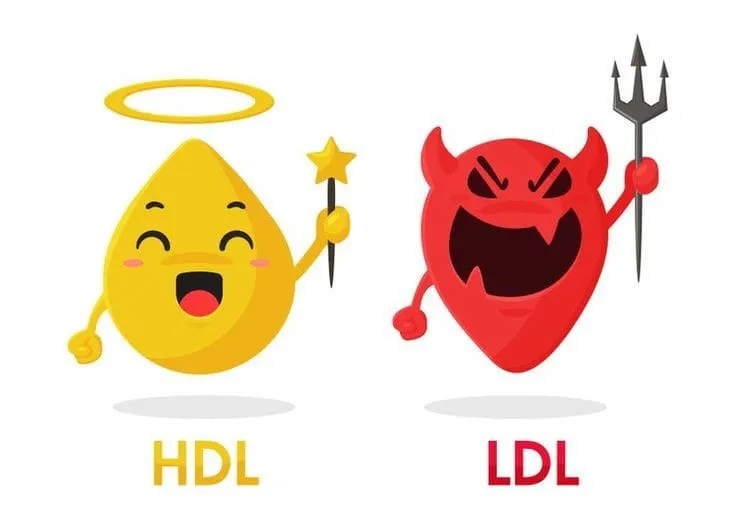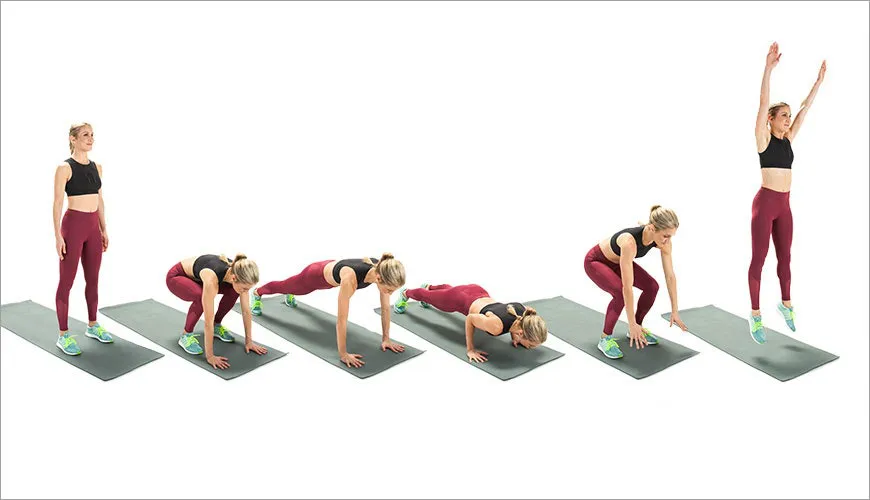Natural Ways To Lower Your Cholesterol
5 minuteRead

Cholesterol is a waxy, fat-like molecule that aids in the production of cell membranes, hormones, and vitamin D in the body. Your blood cholesterol comes from two places: the foods you eat and your liver. Your liver produces all of the cholesterol required by your body.
Cholesterol is made in the body in your liver and performs a variety of important functions. It helps maintain the walls of your cells flexible, for example, and is required for the production of various hormones. Too much cholesterol (or cholesterol in the incorrect areas) raises issues, just like anything else in the body. Cholesterol, like fat, does not dissolve in water. Instead, it relies on molecules known as lipoproteins to circulate around the body. In your blood, they transport cholesterol, fat, and fat-soluble vitamins.
High cholesterol raises your chances of developing heart disease and having a heart attack. Medications can assist you in lowering your cholesterol. However, if you prioritise making lifestyle changes to lower your cholesterol, you'll see long-term and sustainable results. Because high cholesterol is caused by terrible lifestyle habits in the first place, it makes more sense to change such habits in order to control it.
Below mentioned are the 5 natural ways to lower cholesterol. If you already take medications, these changes may improve your cholesterol-lowering properties.
1. Modify your Diet

One of the sources of cholesterol in your body is the food that you consume. Hence it is very important to monitor your diet if you want to control your cholesterol levels. It is possible to lower your cholesterol and make your bloodstream more fat-free by changing what you eat. You need to consume a diet that increases HDL (High-Density Lipoprotein) and lowers LDL (Low-Density Lipoprotein)
The chief guidelines for the diet will be:
- Reduce your intake of saturated fats
- Trans fats should be avoided at all costs
- Consume omega-3 fatty acid-rich meals
- Increase your intake of soluble fibre
- Whey protein should be added
The best way to achieve a low cholesterol diet is to add foods that lower LDL cholesterol particles, which contribute to the build-up of atherosclerosis in the arteries. A brief list of food items you should opt for are as below.
- Oats
- Barley and other whole grains
- Beans
- Nuts
- Eggplant & Okra
- Vegetable Oils
- Apple & Citrus Fruits
- Soy
- Fatty Fish
- Avocado
The great investor Warren Buffet advises building a portfolio of diverse investments rather than placing all of your eggs in one basket when it comes to investing. Well, the same is true when it comes to lowering cholesterol through the diet. Including a variety of foods to lower cholesterol in various ways will be more effective than focusing on just one or two.
A diet rich in fruits, vegetables, legumes, and nuts is also beneficial to the body in ways other than decreasing cholesterol. It helps to keep blood pressure under control. It aids in the flexibility and responsiveness of arteries. It's healthy for your bones, digestion, vision, and mental wellness.
2. Increase your Physical Activity

Exercise in the right proportion will help raise HDL, that is the ‘good’ cholesterol. The intensity of the workout you choose to do must be with your doctor’s consultation.
Physical Activity of 150 minutes a week is normally recommended by experts to keep cholesterol in check. Aerobic activity has been found to be extra helpful. The heart-health is greatly nourished by aerobic activity.
The weight of the body affects cholesterol levels exponentially. Every 10 pounds of excess fat produces roughly 10 mg of cholesterol per day. Hence, it is essential to maintain a healthy-for-you-weight in order to keep a check on your cholesterol levels.
3. Quit Smoking

Smoking is injurious to health in multiple ways than just increasing cholesterol. Smokers' immune cells are unable to return cholesterol from vessel walls to the bloodstream, where it can be transported to the liver. Tobacco tar, not nicotine, is to blame for this harm. These faulty immune cells play a role in smokers' arteries being clogged more quickly.
Cigarettes include a harmful chemical component known as acrolein, which can enter the bloodstream via the lungs. Scientists believe it interferes with HDL's ability to transport cholesterol in the body, causing LDL levels to rise, perhaps leading to heart disease. Your risk of heart disease falls by half within a year of quitting smoking.
4. Monitor your Alcohol Consumption
Alcohol in moderation is not harmful but alcohol in excess amount is. The moderate use of alcohol has been linked with higher levels of HDL cholesterol but the same can be achieved by exercise as well.
Lipids and total cholesterol levels rise with heavy alcohol consumption, according to some researchers. As per a recent study, excessive alcohol consumption might cause cardiac damage even before symptoms appear. Therefore, it is important to monitor alcohol consumption to control cholesterol as well as maintain good health.
5. Laugh More

Stressing, worrying can shoot up your cholesterol very instantly. Chill out and relax. Laughter increases HDL. Whenever in a high stress, panic, and tension try to bring relief to yourselves. Read a good book, meet a friend, call a loved one, or watch a funny movie. Don’t let the stress pick on your body and shoot up the cholesterol levels and harm your heart health.
Closing Words:
You're more likely to develop heart disease if your cholesterol is high. The good news is that it's a risk that you can manage. You can improve your "good" HDL cholesterol while lowering your "bad" LDL cholesterol. You only need to make a few minor adjustments mentioned in this blog.
Cholesterol is also required for the production of steroid hormones, especially sex hormones such as testosterone and progesterone. Cholesterol is also required for the production of other hormones, primarily those generated by the adrenal gland. Aldosterone (a hormone that causes the kidneys to retain water) and cortisol (a hormone that helps the body fight inflammation) are two examples.
Cholesterol is also required for the skin to produce vitamin D, which aids in bone density maintenance and plays a role in how the body processes calcium. Cholesterol also helps the body to produce bile acids, which are necessary for breaking down fats in the digestive tract and absorbing them into the body. In addition, triglycerides are also a significant source of energy for the body particularly when glucose is deficient.
Your health is your first foundation, it’s the tectonic plate that everything else in your life rests upon. Without that foundation, you will lose everything you value. For this reason and more, your health must be your first priority, always!
Write, Record and Answer! Consume Unlimited Content! All you need to do is sign in and its absolutely free!
Continue with one click!!By signing up, you agree to our Terms and Conditions and Privacy Policy.











